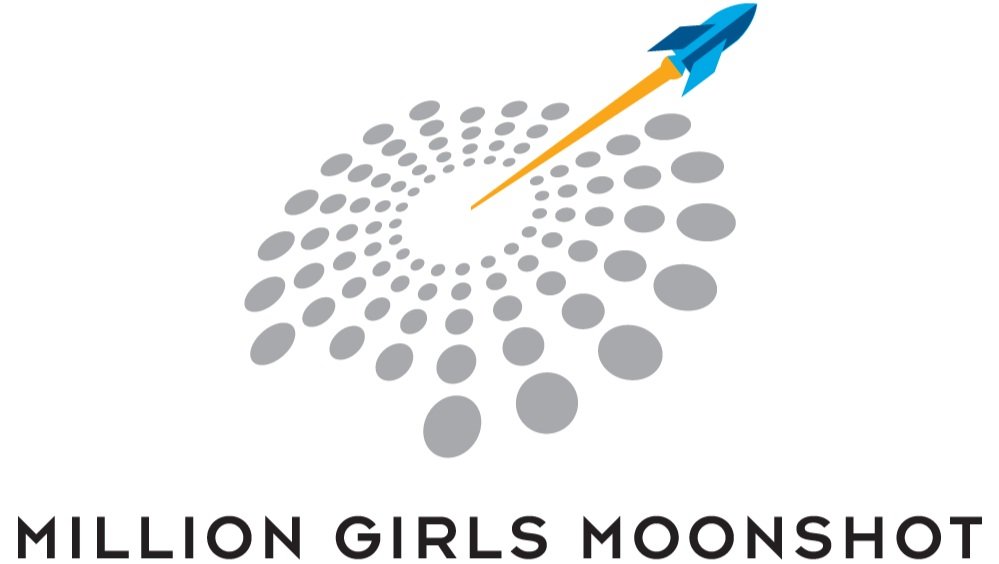Meet Nikhita
Nikhita is a 10th grader in Washington state. From a very young age, Nikhita has been super passionate about STEM, especially outer space.
“During my preschool years, I lived in India, where my dad and I would often look up at the night sky. The wonder I felt at that time inspired me to continue exploring space. These awe-inspiring experiences set me on a path to pursue astrophysics as a career. My passion for outer space was further amplified by my love of Star Wars. That led me to STEM fields, especially engineering and computer science.”
Nikhita’s first experience with extracurricular activities was a hands-on building challenge.
“One STEM activity that really sparked my interest is Destination Imagination, or DI. I have participated in this competition for six years. It is an educational program that encourages creativity and critical thinking through different competitive, STEM based challenges. It’s about taking a problem and working through a solution as a team and presenting that solution in a skit format. It is completely led by the team members with no adult intervention other than mentors.”
Nikhita has enjoyed the science and experimentation behind the DI challenges she completed in the past and her experience has encouraged her to join other programs.
“It inspired me to join more extracurricular programs. I have participated in various space, math, and computer related extracurricular activities and competitions. I introduce and teach various STEM topics to middle school girls, and it is super fun to conduct discussions, presentations, and hands-on activities with them. These programs have helped me to realize what I enjoy and what I would like to pursue.”
Nikhita shares why afterschool makes a difference.
“When participating in competitions, programs, and challenges, you are always working with a group of people who are dedicated, competitive and share the same interests. This has helped me realize that going above and beyond is more fun than just meeting the guidelines.
Pushing yourself not only makes the program more interesting, but it also helps you learn and grow along the way.”
Nikhita has ideas on how adults can best support more girls in STEM.
“I think the problem is that there’s not enough girls in STEM, especially with gender stereotyping and stigma toward girls. STEM is fun, it’s challenging and it’s a great thing to get into. In my opinion, the most important part is telling girls “You can do it and it is possible to succeed in STEM. It is not just for boys, it’s for girls too.”
Nikhita also has big plans for her future.
“I aspire to be an astrophysicist or something in computer science. In the future, I hope that there will be more inclusion in the community. It would be great to see more minority girls step into STEM fields that have previously been dominated by mostly white men.”
Nikhita shares why STEM is important.
“Our world revolves around the concepts devised by STEM. Science, technology, engineering, and math have become intensely involved in every single part of our lives. So, propagating STEM knowledge has become a necessity. The field of STEM is continually expanding. It will constantly surprise us with concepts and technologies that are currently unknown. Personally, I enjoy every moment when I interact with STEM, whether it's researching, building, or programming.”




